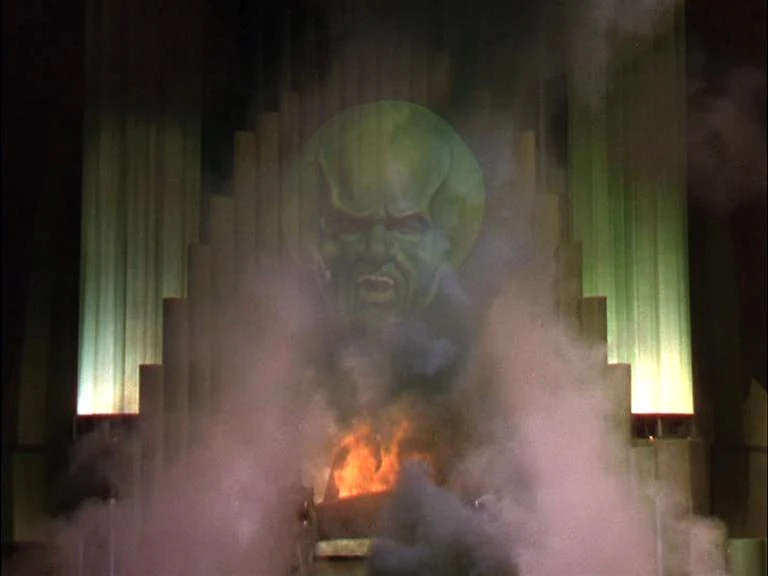 | ||
| The Illusion of Wizard of Oz - Getting Past the Gov. Veil |
Two week ago, in the San Gabriel Valley, two mayors appeared in
the Los Angeles Superior Courts as defendants, one on Wednesday, the other on
Thursday. They’re also from neighboring cities: Irwindale and Baldwin Park. In
both instances, the court dismissed all or most of the causes of action. The
message is clear: even when public officials are held to answer personally,
their position in office protects them.
In the first case, the Los Angeles County District Attorney
(DA) charged Mark Breceda, Mayor of Irwindale, with public corruption charges.
According to the Tribune, part of the People’s allegation was that Breceda “ate
at expensive restaurants, stayed at the Ritz-Carlton Hotel on Central Park, [and]
used limousine services and attended New York Yankees games and Broadway
shows[,]” all on city money. To give you some perspective, one night at the Ritz costs $650-$1,250. So one night there, is about a month's rent.
 |
| Mark Breceda at LA Superior Court |
Disregarding the blatant abuse of public funds, the court
found that the statute of limitations, however, had run against Breceda. The premise
of statute of limitations is that the prosecutors have the right to file
charges, and if they don’t enforce that right – they lose them. (Also, the
citizens should have a peace of mind at some point in their lives for the
wrongs that may have been done in the past.)
In Breceda’s case, the court stated that the prosecutors
lost the right to file charges because the City Manager of Irwindale knew about
the crime – not the prosecutor. That doesn’t seem right though, does it?
Breceda was the City Manager’s boss. Consider this: is a City Manager that’s making over
$100,000 a year going to risk getting fired by outing his boss? I don’t think
so.
The second case, involved me filing a civil lawsuit against
the Mayor of Baldwin Park, Manuel Lozano in small claims court. The Mayor had
filed a temporary restraining order (TRO) against me for alleging that I was
stalking and terrorizing him. The small claims court indicated that it found
the Mayor’s allegations questionable, and I dispute them as mostly perjured
allegations. Regardless, the (TRO) judge ruled that my conduct and speech were
protected by Free Speech because it took place at the city park and the city
hall.
 | ||
| Mayor Manuel Lozano of Baldwin Park Outside Small Claims |
In response, I filed a claim of abuse of process and
malicious prosecution (which are two torts that involves abusing the court process
to achieve an invidious end) against the Mayor. Because organizations can’t get
a restraining order against an individual, the Mayor filed the TRO against me
as an individual, which opened him up to liability on a personal level. The Mayor tried to make the argument that even if he did wrong, because he was a Mayor of the City - he shouldn't be held personally accountable. I was a bit surprised to see that the court even considered entertaining this argument, although briefly.
In
ruling against me, the court ruled that malicious prosecution could not apply
because the Mayor consulted with his attorney in “good faith”; therefore, the
Mayor’s actions could not have been malicious. (The rationale is that people shouldn't be prosecuted if their lawyer tells them they have a claim in good faith. Remember, this wasn't a regular family law case.) Hence, is the court trying to say that
as long as a person in power consults with an attorney first, (which laypeople
generally don’t have access to) the victim is barred from bringing a claim
against the perpetrator?
In both
cases, although the individuals were held to account personally, their role in
their office protected them. Breceda’s role as the City Manager’s boss
protected him from being reported, hence, triggering a potential statute of
limitation defense. In Lozano’s case, he consulted with the City Attorney (not
his own private one), on public money, and that barred the victim from bringing
charges against him, personally.
No comments:
Post a Comment